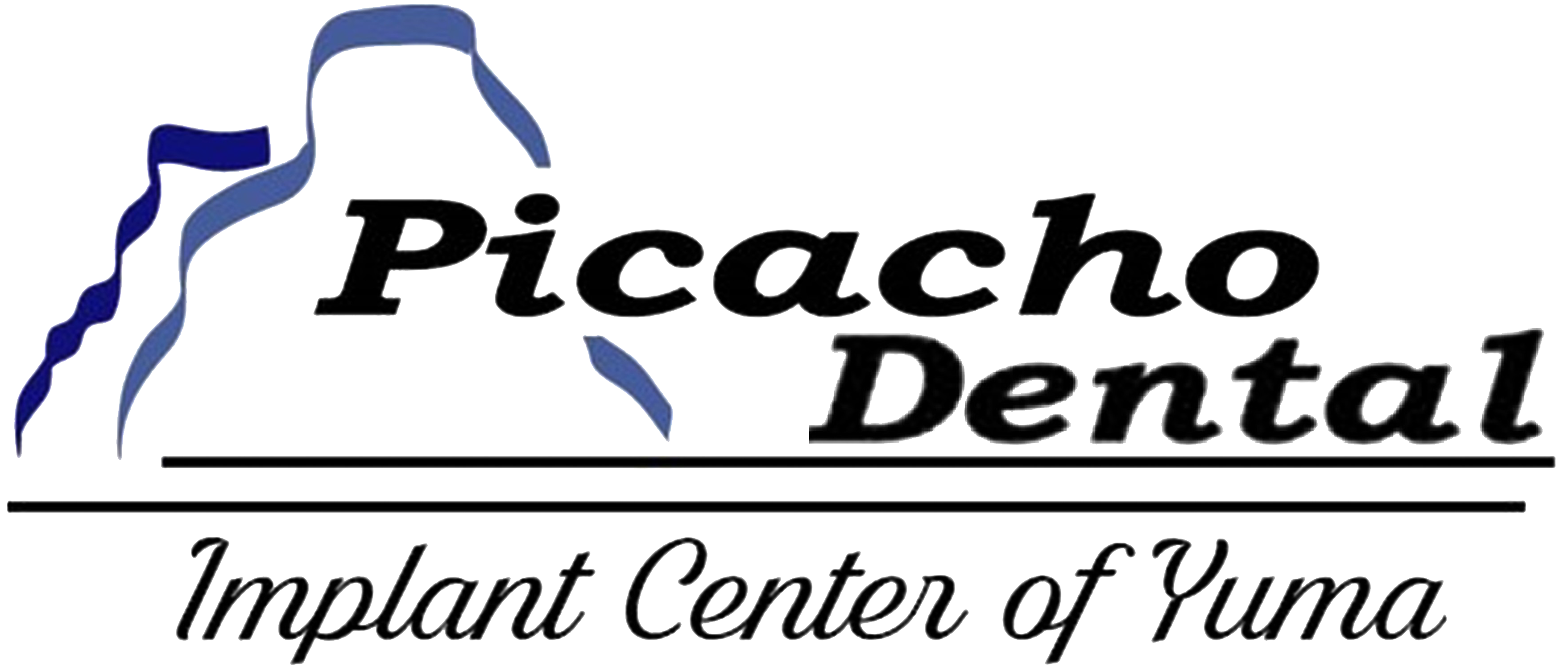Maintaining optimum oral hygiene helps us keep away most of the common dental concerns, such as cavities, gum diseases, bad breath, etc. Although most of us brush our teeth at least twice a day, we may not floss with the same regularity. Flossing is often ignored as any people feel that brushing the teeth would suffice to get rid of the microbes in the mouth.
But, this is far from the reality as a lot of microbes tend to get accumulated between the teeth (intersections) where the toothbrush bristles do not reach. Hence, flossing has to be carried out just as regularly as brushing, owing to the following benefits.
Lesser chances of developing cavities
The main cause of cavities is the adhered plaque and tartar deposits on the teeth and roots surfaces. They contain thousands of microbes that release acidic toxins when they feed on the food residues left in the mouth, thus leading to the erosion of the enamel. Brushing the teeth eliminates the plaque deposits significantly. But, since the bristles of the toothbrush may not be able to clean the teeth intersections, the microbial deposits gradually turn into dark tartar patches in these areas. Flossing helps to remove these deposits from time to time, thereby keeping them from taking a toll on your oral health.
Healthier gums
The toxins released by the microbes also decay the soft gum tissues, which leads to gum diseases like gingivitis. If it isn’t treated in the early stages, it can turn into a more severe form of gum disease called periodontitis. One of the first treatment solutions dentists use while treating periodontal disease is scaling and root planing, which removes the microbial deposits from the teeth and tooth roots. Hence, removing these tartar deposits by flossing allows you to have healthier gums that are devoid of any infections.
Whiter teeth
Have you noticed that some people have dull or dark patches right at the intersections of their teeth? This could be due to chewing tobacco or smoking cigarettes, combined with poor oral hygiene. Although these stains are quite difficult to get rid of, flossing regularly may help to reduce the severity of staining.
Fresher breath
The plaque, microbes, and food residues deposited at the intersection of the teeth contribute majorly to a person’s foul breath. This, combined with improper brushing techniques, can let the microbes and food residues stay accumulated for a long duration, which would only intensify your bad breath. Flossing helps to remove them effectively, thereby giving you fresher breath that lasts for long.
You may schedule a consultation with our team of dental experts by calling us at (928) 344-3177 or reaching us through an online query. We’re always happy to help.




